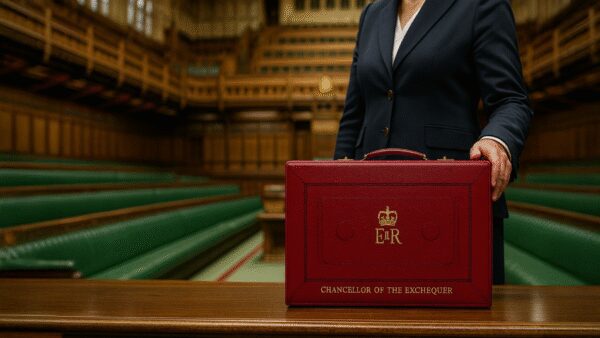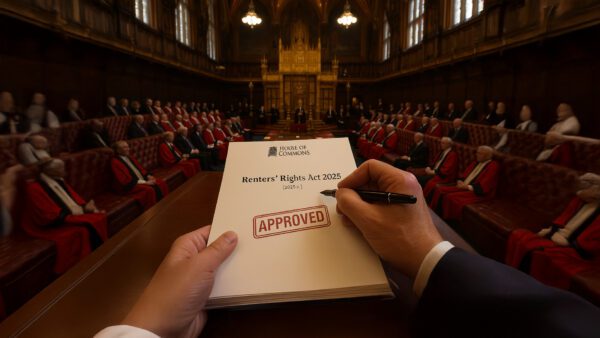If you are considering a trip to the UK, you may require a Visit visa to enter and remain for the duration of your trip. Visit visas enable tourists to explore the UK. However, it is imperative to understand the limitations regarding the maximum length of stay as a visitor in the UK.
There is no 180 day a year rule for visitors to the UK.
A common misconception is that there is a maximum permitted stay of 180 days in a year. The misconception surrounding the ‘180-day rule’ simply does not exist. It is however worth noting that spending over 183 days in the UK in any tax year may trigger UK tax residency.
Whilst such a rule does not exist, individuals who abide by these rules do tend to have less trouble being granted entry to the UK, as visitors. This is because remaining in the UK for long periods of time whilst on a Visitor visa does increase the risk of being refused a visa for the next trip as it could be an indication that the visit is not genuine.
Visit visa holders must still abide by the expiry date. The misconception is that a visitor can only enter for up to six months within a year (or within 12 months). The fact is that an individual can technically enter for up to six months and if you are granted a visa not long after, can re-enter for a further six months (subject to several points in the post below).
Immigration Rules For A Visitor
The visit rules are set out at Appendix V to the Immigration Rules. A visitor is defined as
a person who wants to visit the UK for a temporary period, (usually for up to 6 months), for purposes such as tourism, visiting friends or family, carrying out a business activity, or undertaking a short course of study.
Visitors from a country on the visa national list must obtain a visit visa in advance of travel to the UK. Non-visa national visitors can normally just travel to the UK and seek entry as a visitor at the border on arrival.
Maximum Length Of Stay Per Visit
The maximum duration of stay in a standard visit is six months. For ‘visa nationals’ (those required to obtain entry clearance prior to travelling to the UK) the six-month period will be stated on their entry clearance vignette.
The six-month limit on any one stay applies even if someone holds a visit visa which is valid for a longer period of time. E.g., a two, five, or ten year multi-entry visa. The holder is permitted to remain in the UK for a maximum of six months from the date of entry or until the expiry of the visa (whichever is soonest). It is worth noting that every time an individual arrives at the border, the immigration officer will consider whether the individual is suitable to be granted entry within the limitations of the visit visa rules.
After a visit has concluded and the visitor has departed the UK, there is nothing preventing an individual from applying for a fresh visit visa, or seeking entry at the border, subject to them continuing to meet the Immigration Rules under Appendix V.
What Are The Requirements For Entry As A Visitor?
The decision maker will consider the intention and genuineness of a visit. A visitor must also show they meet Appendix V of the Immigration Rules:
The rules state:
V 4.2. The applicant must satisfy the decision maker that they are a genuine visitor, which means the applicant:
- will leave the UK at the end of their visit; and
- will not live in the UK for extended periods through frequent or successive visits, or make the UK their main home; and
- is genuinely seeking entry or stay for a purpose that is permitted under the Visitor route as set out in Appendix Visitor: Permitted Activities and at V 13.3; and
- will not undertake any of the prohibited activities set out in V 4.4. to V 4.6; and
- must have sufficient funds to cover all reasonable costs in relation to their visit without working or accessing public funds, including the cost of the return or onward journey, any costs relating to their dependants, and the cost of planned activities such as private medical treatment. The applicant must show that any funds they rely upon are held in a financial institution permitted under FIN 2.1 in Appendix Finance.
Frequent And Successive Visits
Whilst there is not a limitation on the maximum number of days spent in the UK (albeit based upon individual tranches of visits for up to six months) the Immigration Rules do state:
V 4.2(b):
[the applicant] will not live in the UK for extended periods through frequent or successive visits, or make the UK their main home.
How do the Home Office assess how a decision maker should determine a visit visa applicants’ case?
The Home Office has published further guidance on how a decision-maker should assess this aspect of a visit visa applicant’s case. Officials are directed to look at factors such as:
- previous immigration history
- duration of previous visits and whether this was significantly longer than originally stated on their visa application or on arrival
- the cumulative period of time the applicant has visited the UK and their pattern of travel over the last 12-month period, and whether this amounts to ‘de-facto’ residence in the UK
- whether, in the official’s judgment, the information and the reasons for the visit or for extending their stay are credible and correspond to their personal, family, social and economic background
However, the Home Office do state in their guidance:
“if it is clear from an applicant’s travel history that they are seeking to remain in the UK for extended periods or making the UK their home you should refuse their application”
Conclusion
It is important to adhere to Appendix V of the Immigration Rules, if a border officer determines that someone is not a genuine visitor, they can be refused entry and placed on a flight home immediately. A visit visa refusal does not yield a right of appeal against the decision; the only remedy is judicial review.
It is imperative that visitors adhere to the rules and satisfy the decision maker that their visit is genuine.
Whilst it is possible to remain in the UK for more than six months (for no more than six months in one visit) it is not advisable to do so. If a visitor spends cumulatively more than six months in the UK they are spending the majority of their time in the UK. Immigration officials can construe this as being indicative of an individual making the UK their Home.
Individuals who keep their time spent in the UK under six months in any year run less of a risk of being accused of making the UK their main Home and therefore have a higher prospect of being granted entry as a visitor in the future.
To discuss any of the points raised in this article, please contact Jayesh Jethwa or fill in the form below.









